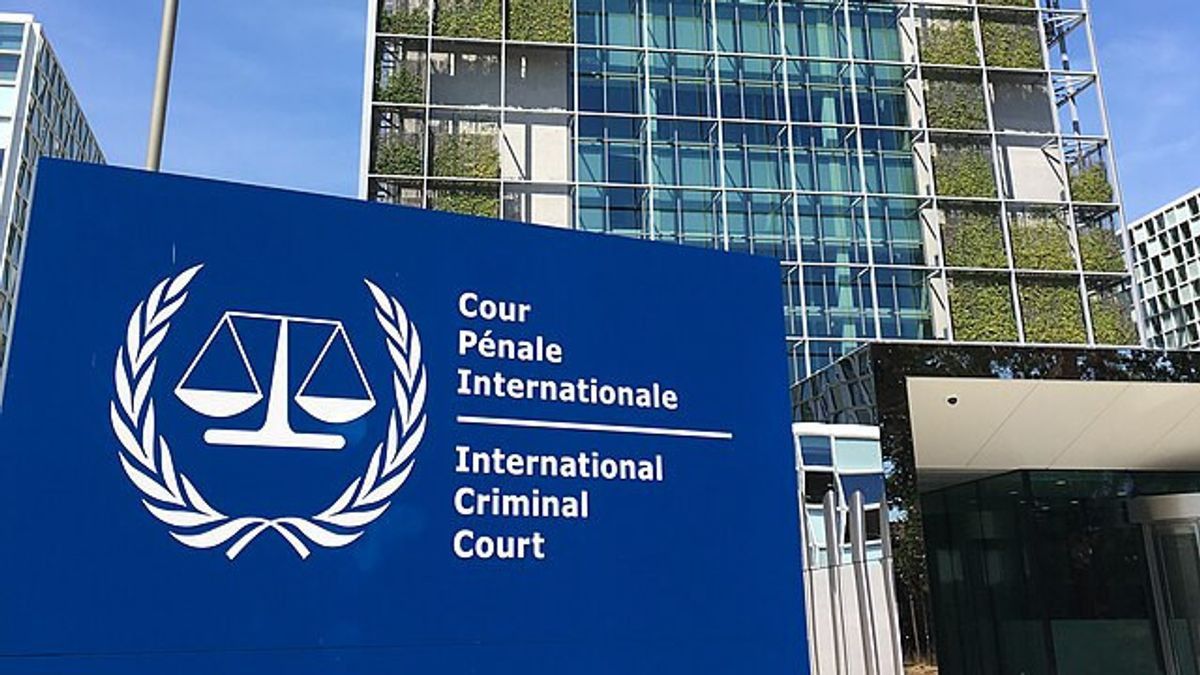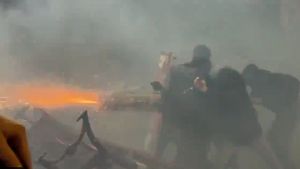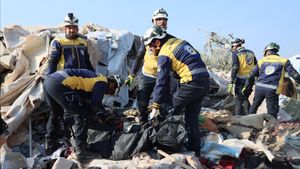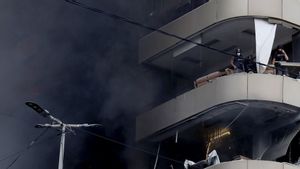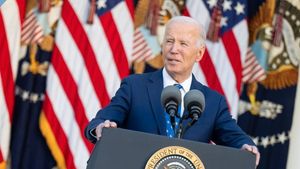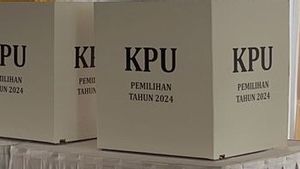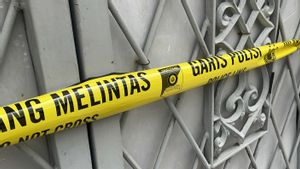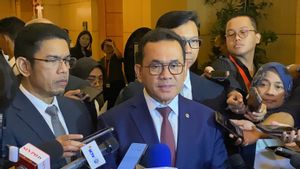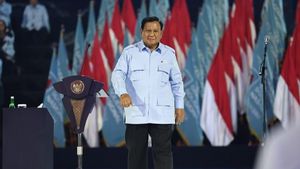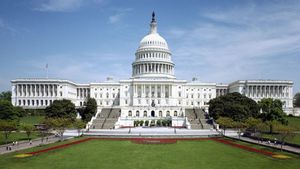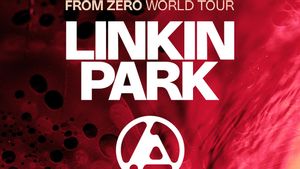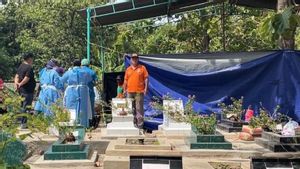The chairman of the International Criminal Court (ICC) said the threats facing the agency included possible US sanctions and Russian warrants to arrest members of its staff endangered the existence of the institution.
Speaking at the annual conference attended by 124 members of the Supreme Court, ICC Chair Tomoko Akane did not name Russia or the United States but called them permanent members of the UN Security Council.
"Obviously of any size, with any benchmark, this meeting is at a very important time," ICC chief prosecutor Karim Khan said in a speech at the opening of the conference.
We face unprecedented challenges. We see civil society as victims, survivors, and humanity in general, I think we have unprecedented expectations," added Khan.
Russia issued an arrest warrant for Khan two months after a court in The Hague issued a warrant for Russian President Vladimir Putin.
The United States House of Representatives in June passed a bill to impose sanctions on the court in response to Khan's request to issue an arrest warrant against Prime Minister Benjamin Netanyahu and former defense chief Yoav Gallant.
The trial has been the target of an attack that seeks to undermine its legitimacy and ability to uphold justice and realize international law and basic rights; coercive measures, threats, pressure and acts of sabotage," Akane said, adding that more arrest warrants had been issued against court employees.
SEE ALSO:
The ICC is also threatened with economic sanctions from other permanent members of the Security Council as if they are a terrorist organization.
"These actions will quickly weaken the Court's operations in all situations and cases and endanger its existence," he said.
Although the US is not a member of the court, the world's leading military and financial power can weaken the ICC diplomatically and politically as well as with financial sanctions targeting its staff.
He said the court firmly rejected any attempt to influence independence and impartiality. We firmly reject attempts to politicize our functions. We have and will always comply with the law, under any circumstances.
The court was founded in 2002 to try war crimes, crimes against humanity, genocide and crimes of aggression when member states do not want to or are unable to do so.
The English, Chinese, Japanese, Arabic, and French versions are automatically generated by the AI. So there may still be inaccuracies in translating, please always see Indonesian as our main language. (system supported by DigitalSiber.id)
